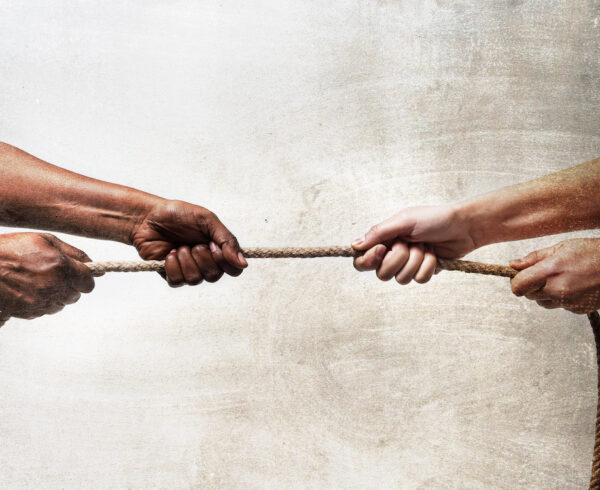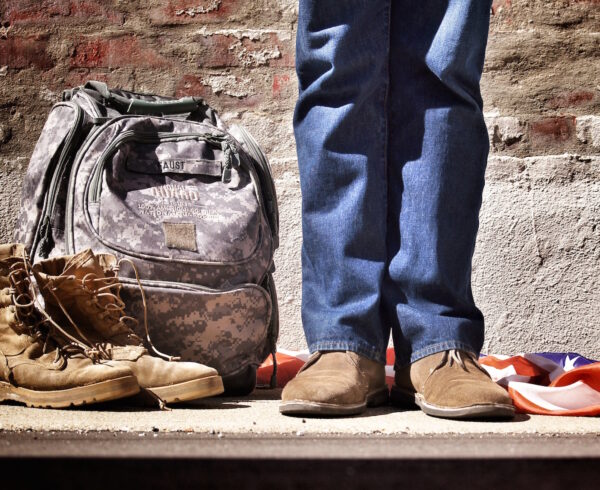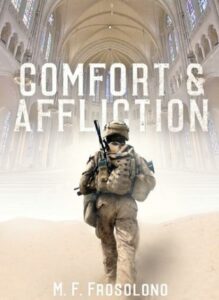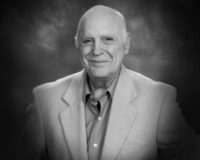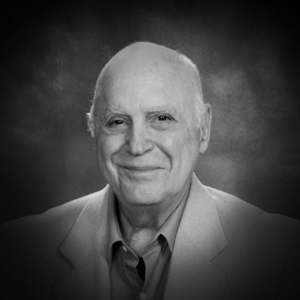The racially provoked violent events that are disrupting our nation made me think once again about my own racism: I am a racist by heritage. I was born in LaGrange, Georgia, and remained there until my beloved Andrea and I graduated from LaGrange College—a Methodist-affiliated liberal arts institution—married, and left for graduate school at the University of North Carolina in Chapel Hill. Georgia was at the heart of the Old Confederacy and the state staunchly resisted the racial reforms of the Civil Rights era. At the time we first lived in North Carolina, Chapel Hill definitely was a liberal bastion surrounded by a racist milieu.
My maternal and paternal families were racists, although they would deny the fact because both the Old and New Testaments sanctioned slavery and because blacks, the Children of Ham, obviously were meant to be slaves to the white race as described in Genesis 9:20-27:
Noah, a man of the soil, was the first to plant a vineyard. He drank some of the wine and became drunk, and he lay uncovered in his tent. And Ham, the father of Canaan, saw the nakedness of his father, and told his two brothers outside. Then Shem and Japheth took a garment, laid it on both their shoulders, and walked backwards and covered the nakedness of their father; their faces were turned away, and they did not see their father’s nakedness. When Noah awoke from his wine and knew what his youngest son had done to him, he said, “Cursed be Canaan; lowest of slaves shall he be to his brothers.” He also said, “Blessed by the Lord my God be Shem; and let Canaan be his slave. May God make space for Japheth, and let him live in the tents of Shem; and let Canaan be his slave.”
A widespread interpretation of this text posited that Canaan—Noah’s grandson—became black, and he and his descendants subsequently populated Africa. Accordingly, African-Americans could never be equal to white Americans and the entire Civil Rights movement—especially the drive for integration—violated Holy Scripture. References in the New Testament, too many to list here, buttressed this view and added fuel to the fire of resistance to federal laws that many people in the South deemed an unjust imposition. I have no memory of this perverted interpretation of Holy Scripture being expounded in the LaGrange First Presbyterian Church, my church of origin. I definitely heard the perversion in several more fundamentalist churches in the surrounding area.
By the time I entered high school, I was already questioning the concept of African-American inferiority to whites. This questioning, however, was much more intellectual than emotional. Once I enrolled in LaGrange College, I was well on the way to an intellectual abandonment of the racial culture in which I was enmeshed. I adopted two guideposts that have directed much of my adult life: (1) The quality of the questions we ask determines the quality of the answers we obtain and (2) Always ask questions, always question answers. This approach did not endear me to my family and many other people.
This intellectual achievement does not mean I am free from the emotional baggage of my racist heritage. For instance, when I hear a news report of violence, my first emotional response is, “An African-American must have perpetrated the crime.” From 1993 to 1998, we lived in South Florida, which has a large component of Hispanic Americans. We now live in Central Texas, also influenced by Hispanic American culture. My current initial response to reports of crime also assumes the perpetrators were Hispanic. I prefer to think, perhaps forlornly, that my intellect overrides my first emotional responses.
I graduated from high school, college, and graduate school before integration was a reality. When we arrived for our first “tour of duty” in New York City for my postdoctoral studies at the Albert Einstein College of Medicine—an eminent Jewish institution—I met few African-Americans within and without the academic environment. The same phenomenon applied throughout the remainder of my professional career. The great majority of African-Americans I encountered worked at staff positions.
Andrea and I now live in an excellent assisted living facility, Brookdale Beckett Meadows, in Austin. Most of the staff are Hispanic Americans, along with a few African-Americans. Some of the residents are Hispanic Americans, none are African-American. One bottom line is that Andrea and I have never lived in a fully integrated neighborhood.
When I took early retirement from the pharmaceutical industry in Miami, we returned to Georgia to live in Andrea’s hometown, Lavonia, for twelve years. Every fifth Sunday, the five major churches—including one African-American church—gathered together for a common worship service and eatin’ meetin’. I believe these Fifth Sunday Night integrated services represented great progress in decreasing racial tensions in the Lavonia community.
I was fortunate to have a highly intelligent and motivated young African-American doctor of pharmacy as a valued member of the section I headed at the old Burroughs-Wellcome pharmaceutical company. He and his equally intelligent wife were raised in the Watts section of Los Angeles. Of course, what he once told me could easily be used by some people to support reverse racism: “I dress, speak, and act like you because I have to risk being called an Oreo—white on the inside, black on the outside—in order to make it in your world.” He made this pragmatic statement immediately after he told me that he had no patience with, or sympathy for, the “black thug” community in which he grew up.
I have no real understanding of how the majority of our African-American brothers and sisters perceive the effects of racism, despite the immense amount of media coverage and heartfelt emotion rampant after the several highly publicized shootings that have unsettled our nation. I suppose my degree of empathy for people suffering from these effects is deficient because of this lack of understanding. That is, I haven’t suffered with my African-American brothers and sisters except on an intellectual basis, which nevertheless convinces me of two facts: (1) Racism, not always white on black and not always explicit, exists throughout our country, which is headed toward an abyss unless we can solve this problem, and (2) The legal system within this country will not fundamentally resolve the problem of racism.
As trite as it may seem to many people, I believe the best possible approach to solving racism involves two primary Biblical principles. Jesus Christ expressed the first principle: We should love the Lord our God with all our hearts, minds, and souls, and we should love our neighbors— including our African-American brothers and sisters—as we love ourselves. St. Paul expressed the second principle, an outgrowth of the first: All of us, including African-Americans, exist in full fellowship with each other through the grace of Jesus Christ. Accordingly, there is no place for racism in our society, especially because so many people pronounce the United States to be a Christian nation.
Yes, Civil Rights legislation and its proper enforcement may be necessary to help defeat racism; however, the victory will not be won absent fundamental changes in the hearts and minds of our brothers and sisters who espouse racism, even if silently and even if cloaked in false reasoning. In this context, I’m not particularly interested in an explanation of who is at fault. I’m much more interested in effective methods for resolution leading to full equality and fellowship.
A blog entry from our daughter, Christina Frosolono Sell, prompted this post. You can read it here.

